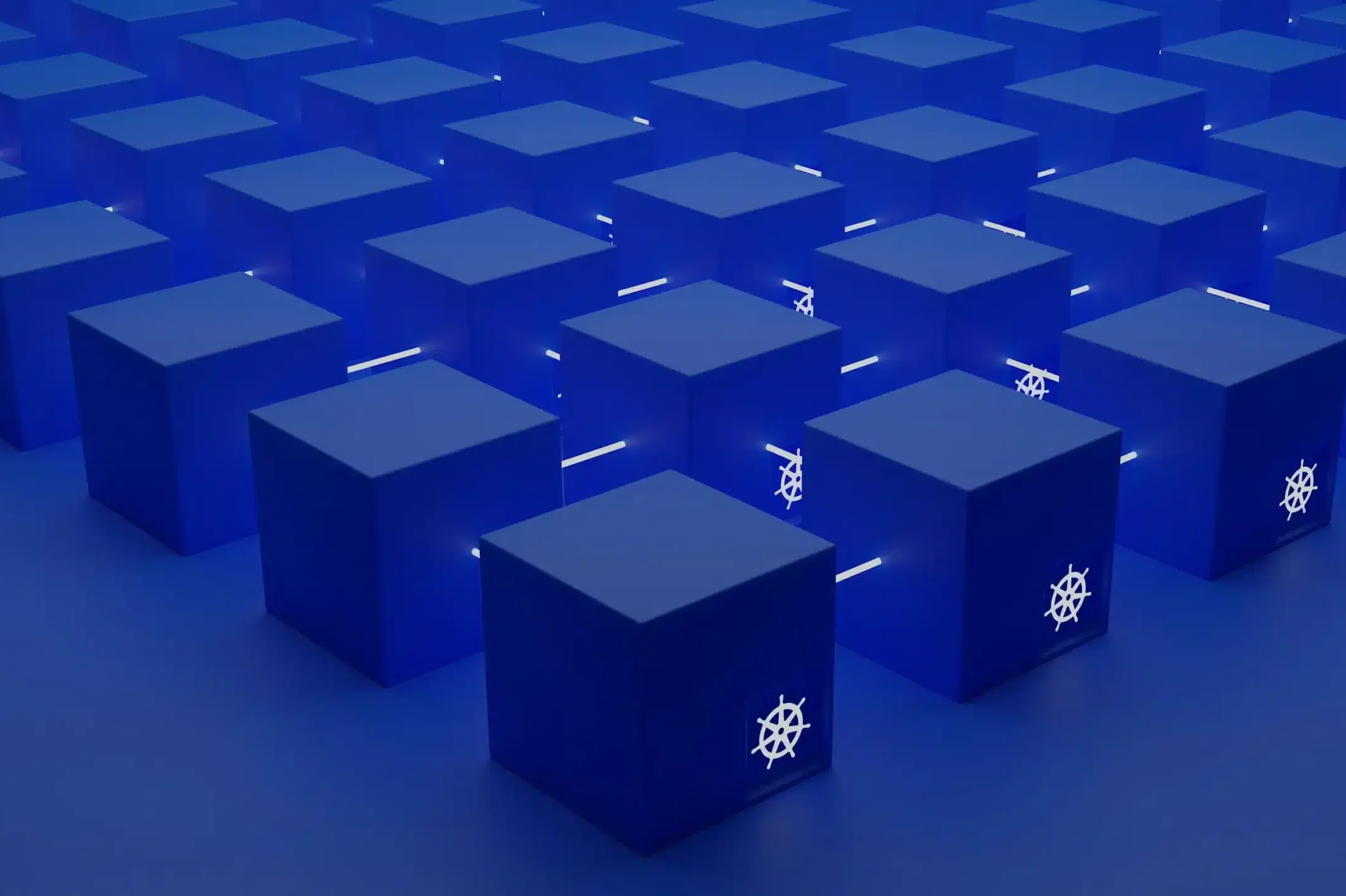Introduction
Kubernetes is now the backbone of enterprise cloud-native operations. But while adoption surges, the talent pool hasn’t kept up. Engineering leaders know the challenge all too well: Kubernetes is powerful but complex, and without the right skills in place, even the most well-architected platforms stall out.
This post offers a practical roadmap for closing the Kubernetes talent gap—one that blends in-house upskilling, external expertise, and scalable frameworks to build high-performance, cloud-native teams at enterprise scale.
The High-Stakes Reality of the Kubernetes Talent Shortage
CTOs and technical leaders are already feeling the pressure: Kubernetes is mission-critical, but skilled talent is scarce. The gap isn’t theoretical—it’s delaying rollouts, increasing operational risk, and forcing teams to choose between velocity and reliability.
The challenge now isn’t understanding the gap. It’s deciding how to close it without slowing down your roadmap or compromising your standards.
This blog outlines actionable strategies to build Kubernetes capability across your teams—whether through upskilling, strategic hiring, or hybrid delivery models that balance speed with sustainability.
Internal Upskilling: Turn Existing Engineers into Kubernetes Experts
Upskilling internal talent remains one of the most cost-effective and sustainable ways to solve the Kubernetes talent shortage. Rather than waiting for the perfect hire, focus on turning your high-potential engineers into cloud-native operators.
This starts with structured learning paths tailored to Kubernetes fundamentals—covering topics like cluster orchestration, RBAC, persistent storage, and observability. Encourage team members to pursue certifications such as the Certified Kubernetes Administrator (CKA) or Developer (CKAD) to validate their skills.
Crucially, training must be paired with hands-on experience. Assign engineers to real deployment projects, set up internal sandboxes for experimentation, and create space for failure and iteration. This model builds confidence and real-world expertise—fast.
Hybrid Teams: Combine Speed with Knowledge Transfer
Even with aggressive training, some gaps are too urgent to wait on. Hybrid team models offer a flexible solution—bring in seasoned Kubernetes consultants to handle critical workloads, while your internal team shadows and learns on the job.
Start by embedding external experts into high-impact phases like infrastructure design, security configuration, or CI/CD integration. Structure their role not just as implementers, but as mentors. Pair them with internal engineers, document all workflows, and plan a gradual ownership transition once your team is ready.
This model delivers immediate velocity without sacrificing long-term independence. You build while you learn—and scale faster without locking yourself into dependency.
Ecosystem Engagement: Learn from the Community, Not in Isolation
Kubernetes isn’t just a platform—it’s a global community of engineers, contributors, and adopters solving problems at scale. Smart organizations tap into that ecosystem to accelerate learning and avoid repeating mistakes.
Support your engineers in joining CNCF projects, attending Kubernetes-focused meetups, and participating in conferences like KubeCon. Sponsor internal champions who can bring back insights, run knowledge-sharing sessions, and act as go-to experts within your team.
Ecosystem engagement reinforces skills, builds confidence, and fosters a sense of technical ownership. It’s also a powerful retention strategy—developers stay where they grow.
Codify Infrastructure: Use Terraform to Reinforce Cloud-Native Discipline
Training on Kubernetes alone isn’t enough. Pair it with Infrastructure as Code (IaC) tools like Terraform to establish consistency, reusability, and control.
Provisioning Kubernetes clusters using Terraform helps your team practice version-controlled infrastructure, reduces human error, and brings DevOps best practices into everyday operations. This also reinforces declarative thinking—a core mindset of cloud-native development.
Introduce pre-built Terraform modules for common tasks like networking, ingress, and persistent volume provisioning. Use Git-based workflows to train engineers on review, approval, and audit practices. Over time, this foundation becomes a strategic advantage.
Apply SRE Principles: Reliability Is a Skillset, Not a Department
To mature your Kubernetes operations, you need more than platform knowledge—you need a reliability-first culture. This is where Site Reliability Engineering (SRE) principles come in.
Train your team on defining and managing service level objectives (SLOs), instrumenting metrics with Prometheus or Grafana, and conducting structured post-incident reviews. Introduce chaos engineering gradually to improve resilience under pressure.
By embedding SRE thinking into your Kubernetes practices, your teams gain both technical and operational maturity. They stop firefighting and start building for uptime and scale.
Measure What Matters: KPIs That Track Real Progress
Upskilling and hybrid team strategies only succeed when they’re tracked. Define clear KPIs to measure capability and impact.
Track:
-
Completion of CKA or CKAD certifications
-
Time-to-deploy for new services
-
Incident frequency and mean time to resolution (MTTR)
-
Internal confidence levels and training feedback
-
Knowledge transfer metrics from external to internal teams
These indicators will help you refine programs, reallocate resources, and prove the ROI of investing in cloud-native skills.
Conclusion
The Kubernetes skills gap is real, but it’s also solvable. Organizations that invest in internal training, adopt hybrid team structures, participate in the Kubernetes community, integrate modern infrastructure practices like Terraform, and adopt SRE principles are the ones best positioned for long-term success.
By taking a structured, strategic approach to upskilling, you not only fill talent gaps but also build a more resilient, agile, and forward-looking engineering team.
Ready to scale your cloud-native capabilities?
Connect with UpTech Solution to tap into Talent On Demand and tailored upskilling frameworks to make your Kubernetes journey a success.
